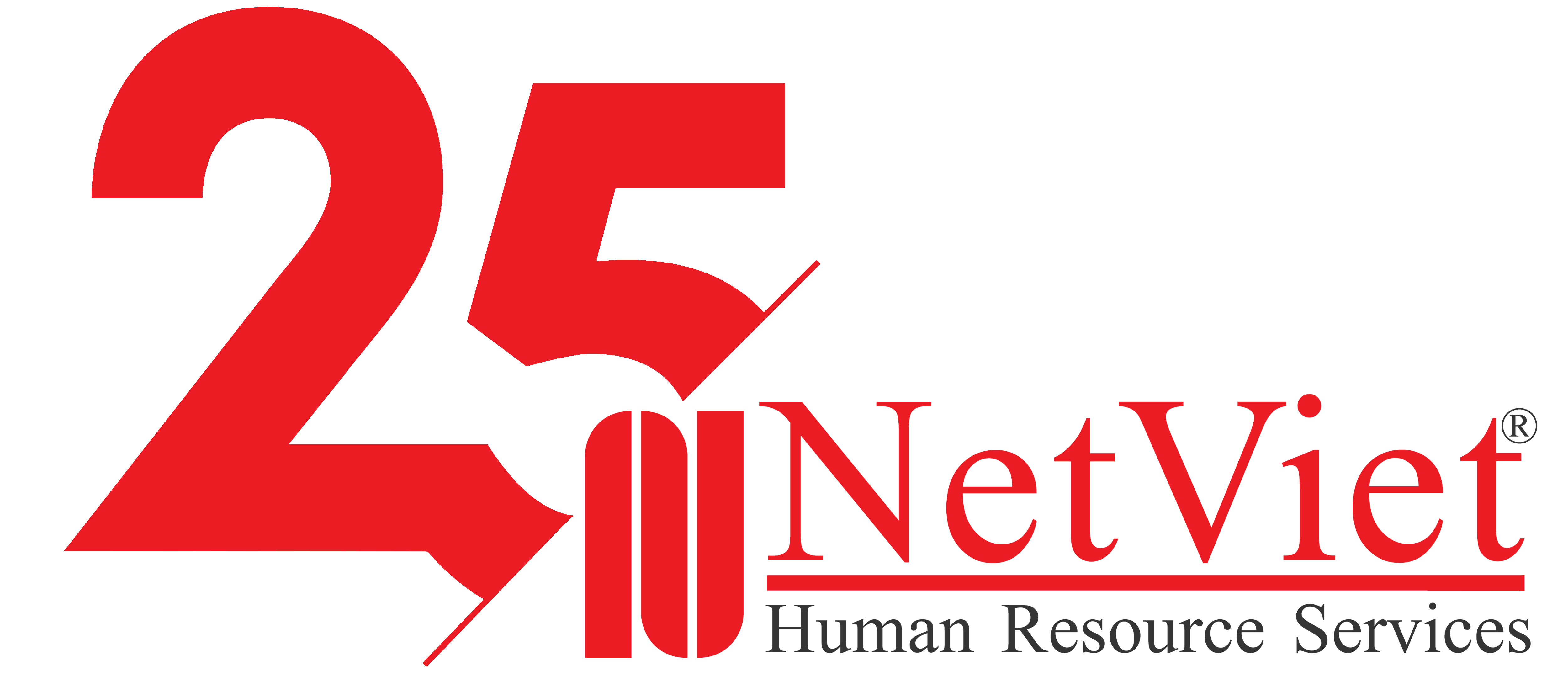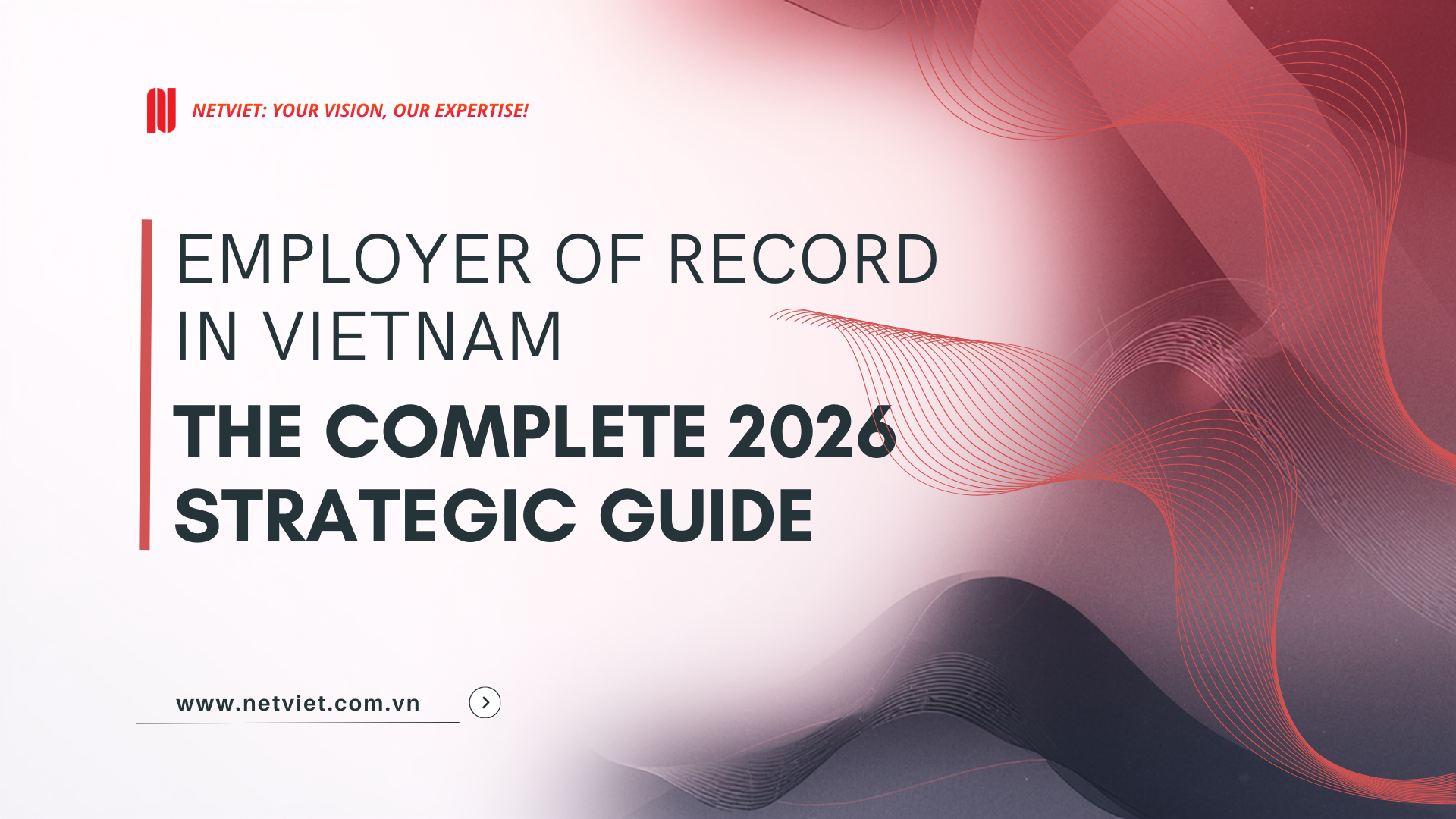Vietnam Labor Contract Summarize:
A labor contract in Vietnam outlines the terms of employment between an employer and an employee. Essential terms include:
- Basic information: Parties involved, job description, work location.
- Compensation: Salary, benefits, payment schedule.
- Work conditions: Hours, overtime, breaks, and leave.
- Contract terms: Duration, termination rules.
Additional terms may cover training, confidentiality, and dispute resolution. Employers cannot withhold documents, demand financial guarantees, or force debt repayment.
Labor contracts in Vietnam are the cornerstone of the employer-employee relationship. They outline the agreed-upon terms and conditions, encompassing the rights and obligations of both parties. Understanding the key components of a labor contract is crucial for ensuring legal compliance and fostering a positive work environment.
Table of Contents
ToggleEssential Elements of a Labor Contract in Vietnam
According to Article 21 of the Labor Code 2019, an employment contract must include the following primary contents:
- The name and address of the employer, and the name and position of the person entering into the employment contract from the employer’s side.
- The full name, date of birth, sex, residential address, identity card number, or passport of the person entering into the contract from the workers’ side.
- The work to be undertaken and the place of work.
- The duration of the employment contract.
- The work-based or position-based wage, form of wage payment, date of payment, allowances, and other terms.
- Policies for wage step upgrade and wage increase.
- The working time and rest periods.
- Personal protective equipment for the worker.
- Social insurance, health insurance, and unemployment insurance.
- Training, developing, and enhancing occupational knowledge and skills.
When a worker performs work that is directly related to a business or technological secret as stipulated by law, the employer has the right to sign a written agreement with the worker on the contents and duration of protecting the business or technological secret, including benefits and compensation in the case of violations.
Where a worker works in the agriculture, forestry, fishery, or salt production sectors, depending on the type of work, the two parties may exclude some contents of the employment contract and agree on supplementary contents in settling cases where the execution of the contract is affected by natural disaster, fire or weather.
Optional Contract Provisions
In addition to the essential elements of Vietnam labor contract, employers and employees may agree to include additional provisions, such as:
- Confidentiality Agreements: Protection of trade secrets and sensitive information.
- Force Majeure Clauses: Provisions for events like natural disasters that may impact contract fulfillment.
Prohibited Employer Practices
Vietnamese labor law strictly prohibits employers from engaging in the following practices during contract negotiation or execution:
- Keeping the worker’s original identification documents, degrees, and certificates.
- Requiring the worker to provide security in cash or other assets to guarantee their implementation of the employment contract.
- Coercing the worker to perform an employment contract to pay a debt to the employer.
By understanding and adhering to these legal requirements, employers can establish fair and compliant Vietnam labor contract that foster positive working relationships and contribute to a productive workforce in Vietnam.
______________
NetViet offers comprehensive HR solutions for businesses entering or expanding in the Vietnamese market. Established in 2000, NetViet provides expert, seamless, and compliant HR solutions.
Legal Disclaimer: The information provided is for general informational purposes only and does not constitute legal advice. For specific legal advice on compliance in Vietnam, schedule a consultation with NetViet or consult legal counsel.
Follow NetViet for the latest industry updates and more:
- Phone: +84 28 6261 7310
- Email: info@netviet.com.vn
- Website: www.netviet.com.vn
- Facebook | LinkedIn | Twitter














